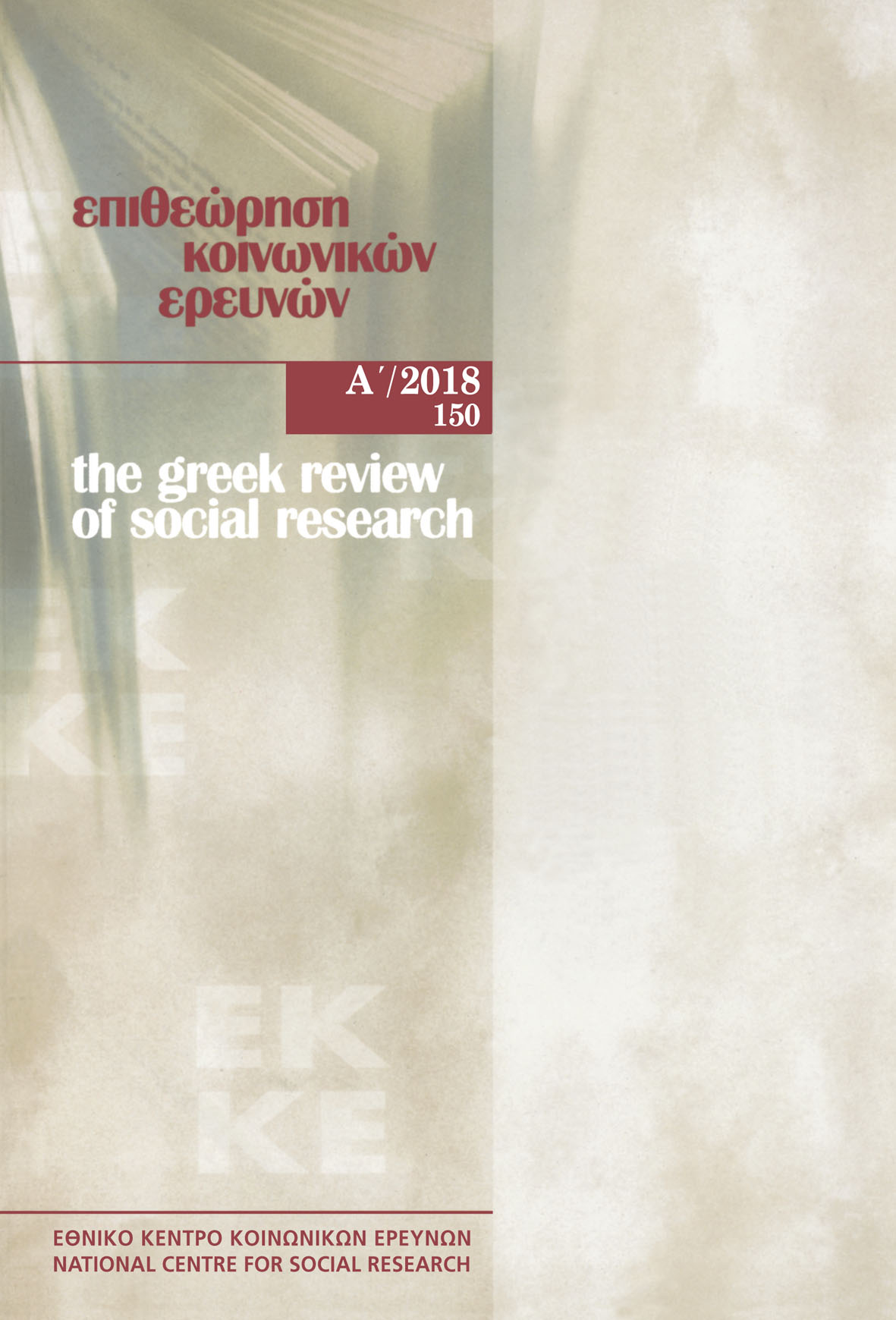Digital performance and posthhumanist anthropology

Abstract
Over the last two decades the incorporation of digital technologies in the performing arts has given rise to a wide discussion, within the field of performance studies, regarding performance ontology. Despite the variety of the views that have been formulated, this discussion to a great extent reproduces binarisms of mind/body, nature/culture, and human/technology, which have become limited frameworks through which to articulate the multiple ways in which participants are engaged in various digital performances. Departing from specific theoretical and methodological concerns that have been developed in posthumanist anthropology, in this paper I explore the ways in which questioning these binarisms may enrich the study of digital performance and lead to a deeper understanding of the relationship between humans and their environment within the frame of the emerging digital cultures.
Article Details
- How to Cite
-
Λαλιώτη Β. (2018). Digital performance and posthhumanist anthropology. The Greek Review of Social Research, 150, 37–76. https://doi.org/10.12681/grsr.17954
- Issue
- 2018: 150
- Section
- Articles

This work is licensed under a Creative Commons Attribution-NonCommercial 4.0 International License.
Authors who publish with this journal agree to the following terms:
- Authors retain copyright and grant the journal right of first publication with the work simultaneously licensed under a Creative Commons Attribution Non-Commercial License that allows others to share the work with an acknowledgement of the work's authorship and initial publication in this journal.
- Authors are able to enter into separate, additional contractual arrangements for the non-exclusive distribution of the journal's published version of the work (e.g. post it to an institutional repository or publish it in a book), with an acknowledgement of its initial publication in this journal.
- Authors are permitted and encouraged to post their work online (preferably in institutional repositories or on their website) prior to and during the submission process, as it can lead to productive exchanges, as well as earlier and greater citation of published work (See The Effect of Open Access).


